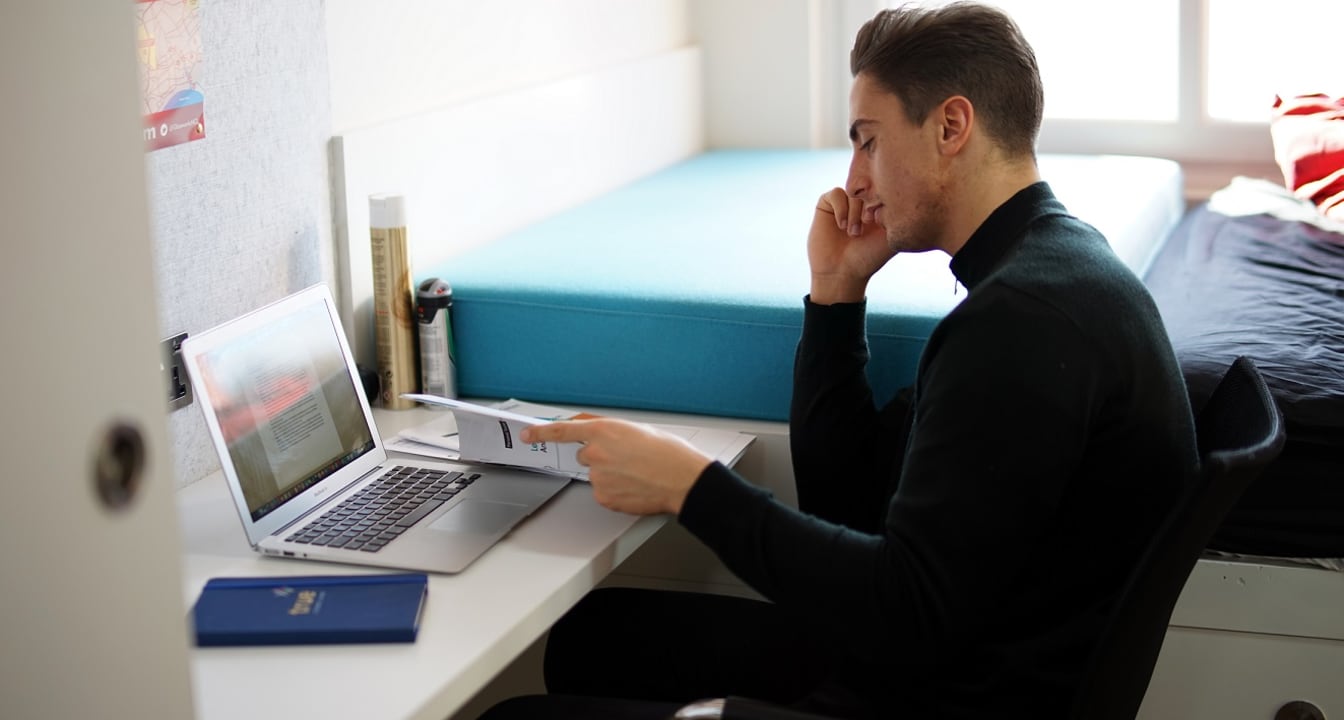Coping with exam stress during the Christmas break

Wherever you’re spending the Christmas holidays and whoever
you are visiting, it’s important to take some time off from your studies. Take
a moment to congratulate yourself on completing an exhausting term, and
successfully making it to the end of another year. It may have been tough, it
may have been fun, but either way, block out some time for yourself to rest and
recover, before starting work for your January exams.
It can sometimes feel pretty hard to have to revise, when all you want to do is watch endless festive films and eat your way through ‘Santa sized’ packs of crisps, so allow a bit of time for both relaxation and study.
- Plan a timetable in advance that ensures that you have things to look forward to between 1-2 hour blocks of revision on the days you plan to work.
- Make sure you allow yourself to sleep about 8-9 hours every night- it is scientifically proven to improve both what you retain from study, and what you critically analyse, to create better academic results in the exams.
- Try to balance out the sugar overload with some fresh foods, such as fish, and fruit and veg, but don’t try anything too dramatic in terms of new diets in January, you need to be in a nice routine when the exams come around, not coping with weird new diet side effects!
- In terms of proven effective revision techniques it is much better to take regular breaks, such as 10 minutes off for every 1-2 hours of study (outside if you can), or revising in different locations to keep yourself alert and prepare your mind for the new locations of the exams themselves.
- Use visual aids to sketch out your text and learning, don’t try just to memorise stuff, or copy it out- it’s nowhere near as effective as reading your notes then writing out what you recall without looking at the text.
- If you are getting anxious or panicky, then remember, a little anxiety is a good thing and helps you to focus, but too much (can’t sit still, can’t read, can’t sleep at all) is not helpful, and you might benefit from some distraction techniques, or relaxation apps.
- If it’s too bad then please ask for help from your university counselling service, personal tutor, or GP.
- There are also some great resources and support available online for students such as at via Young Minds or Student Minds- you are NOT alone, and reaching out is not ‘failure’ or ‘weakness’, it’s sensible and practical!
So as you listen to those Christmas tunes for the 18th
time, and eat another mince pie, remember, you CAN do this, it just takes a
little revision planning and a lot of self-care! Happy Christmas!
For more advice or support check out Dominique’s Student Wellbeing Series of books.